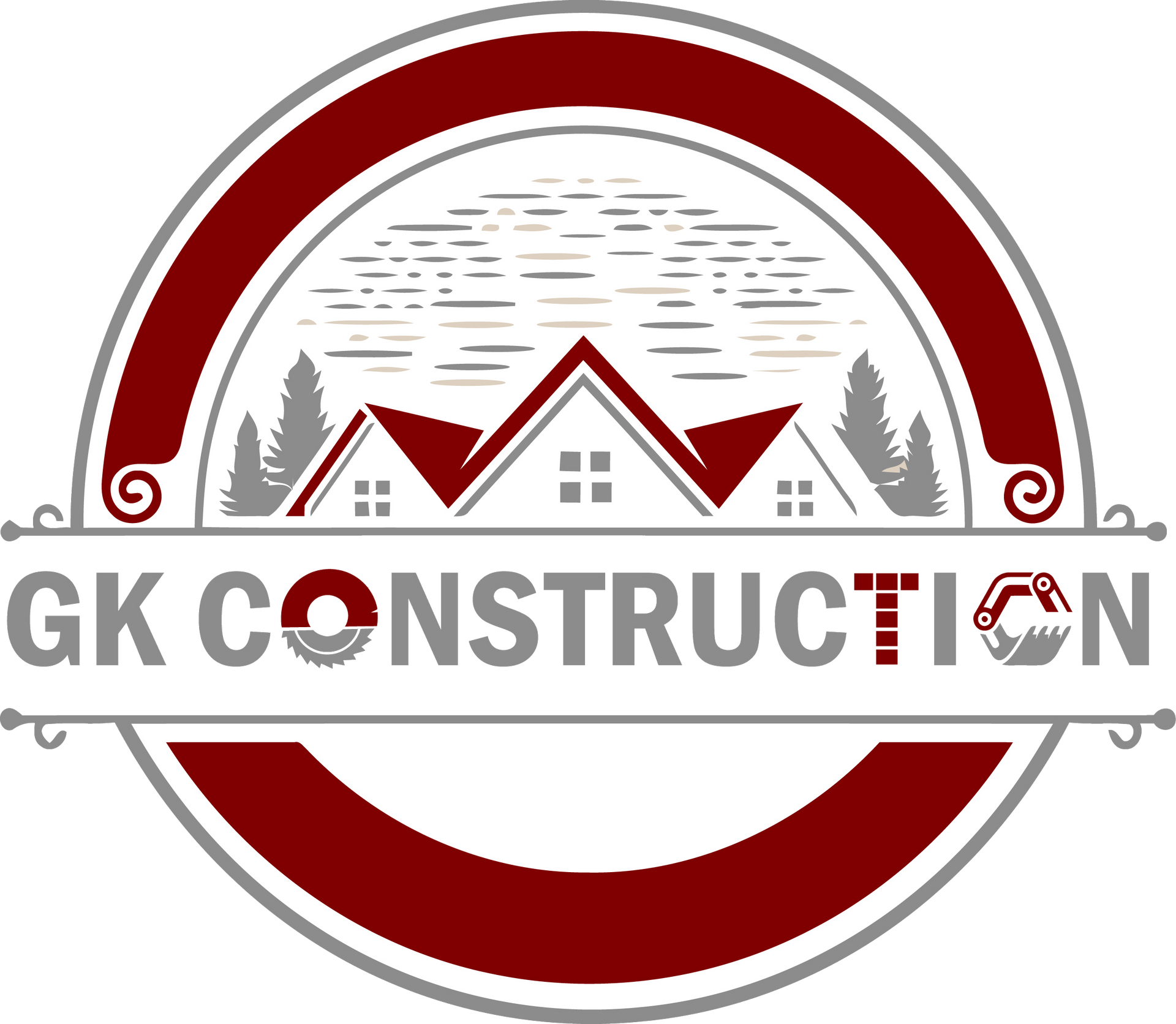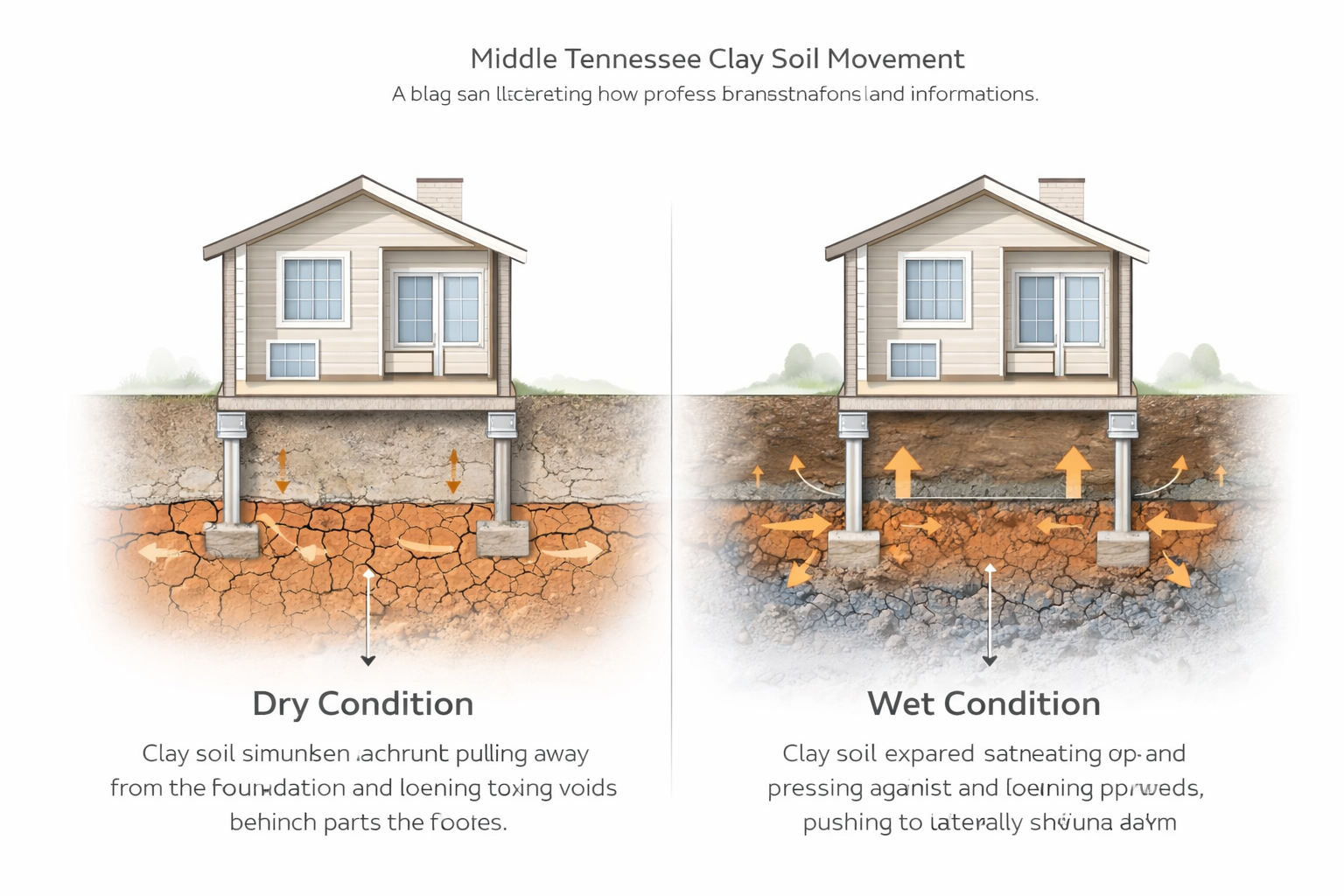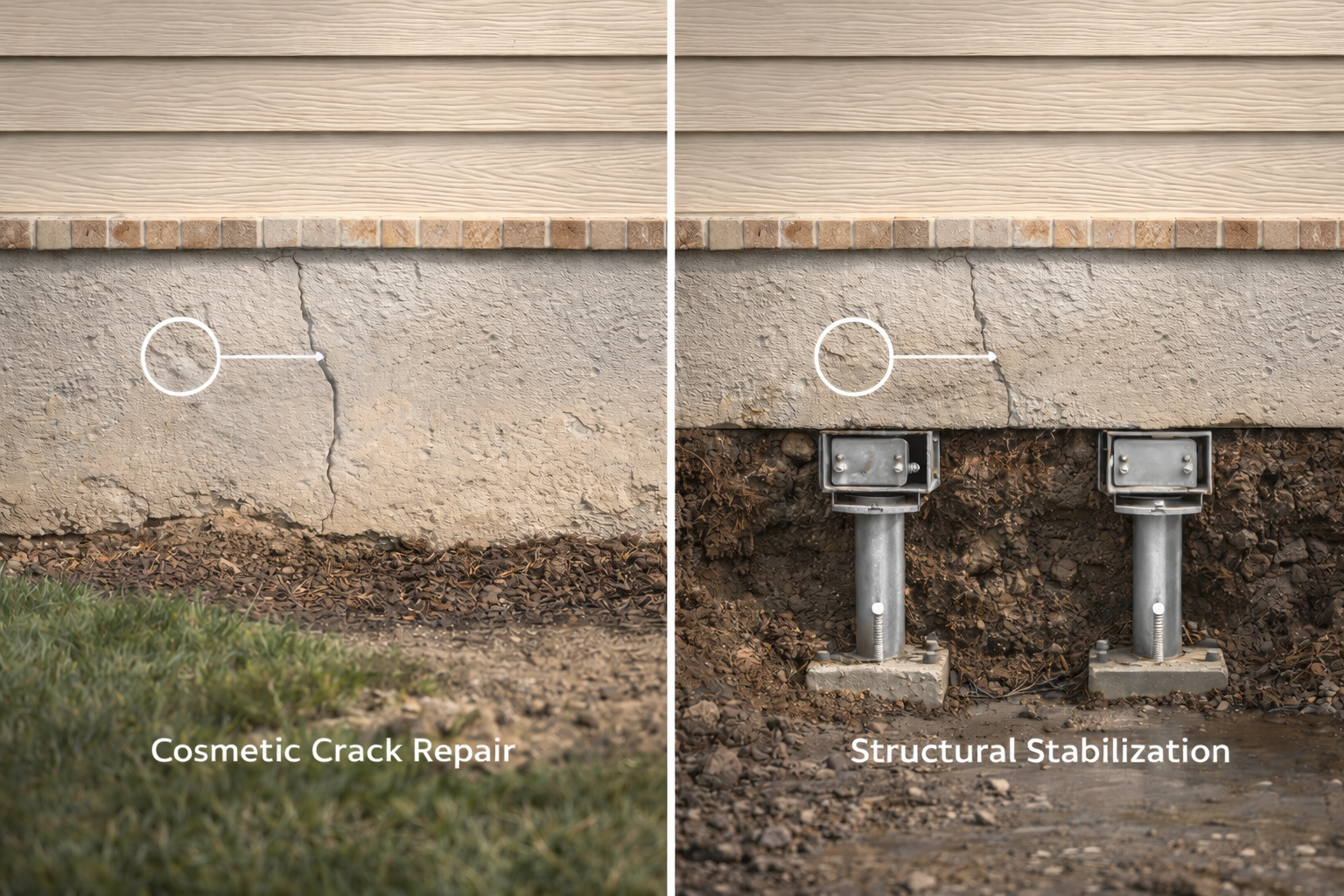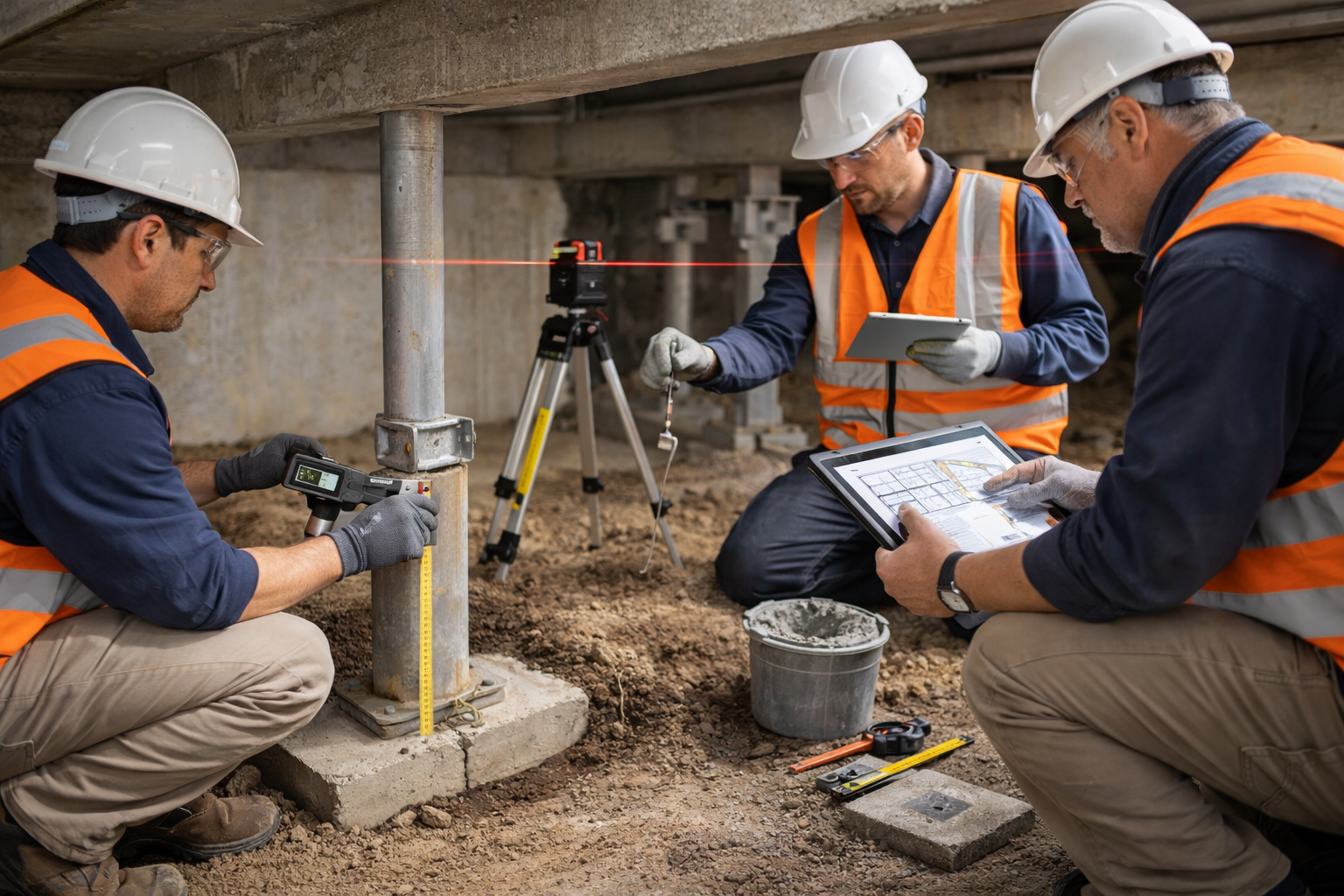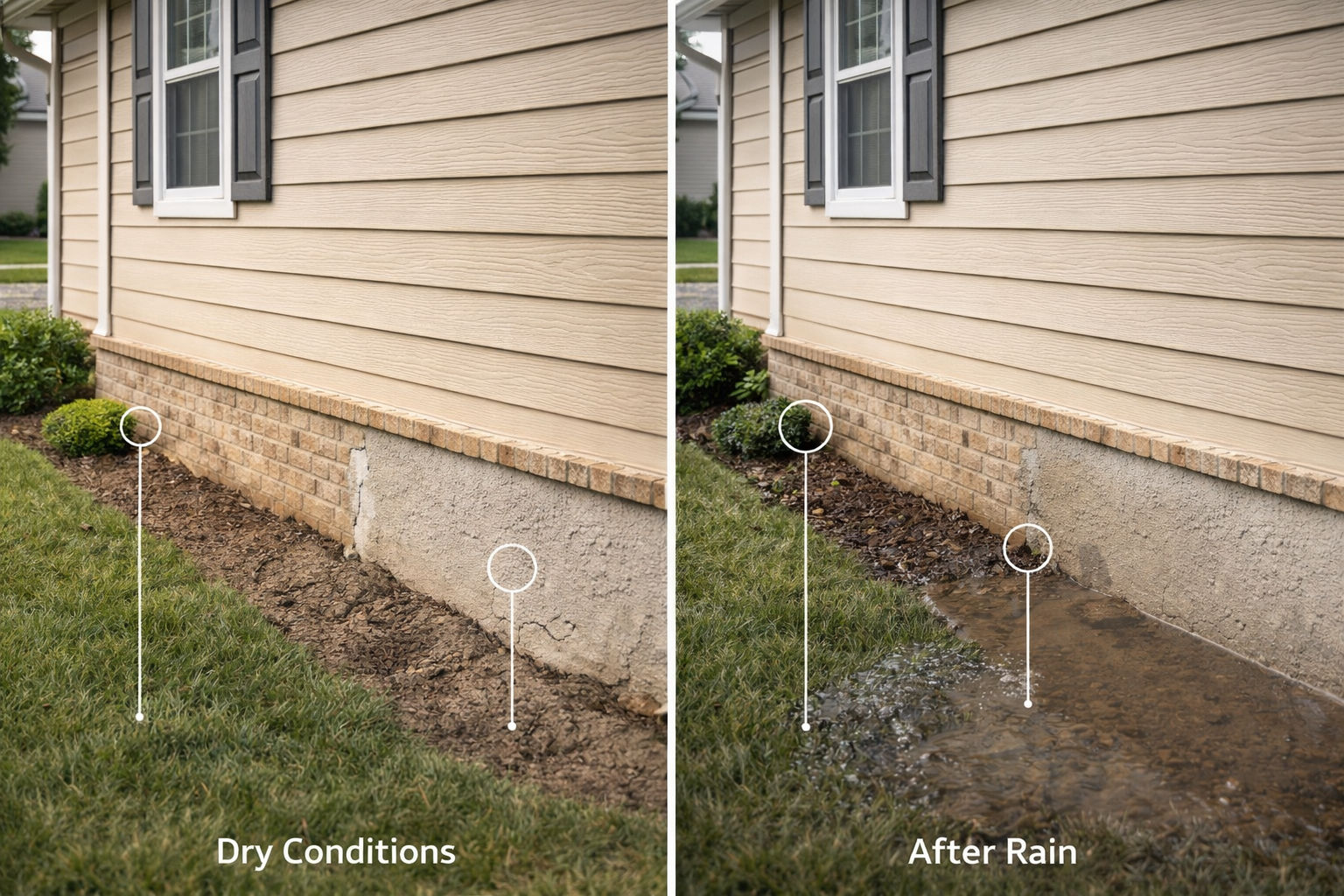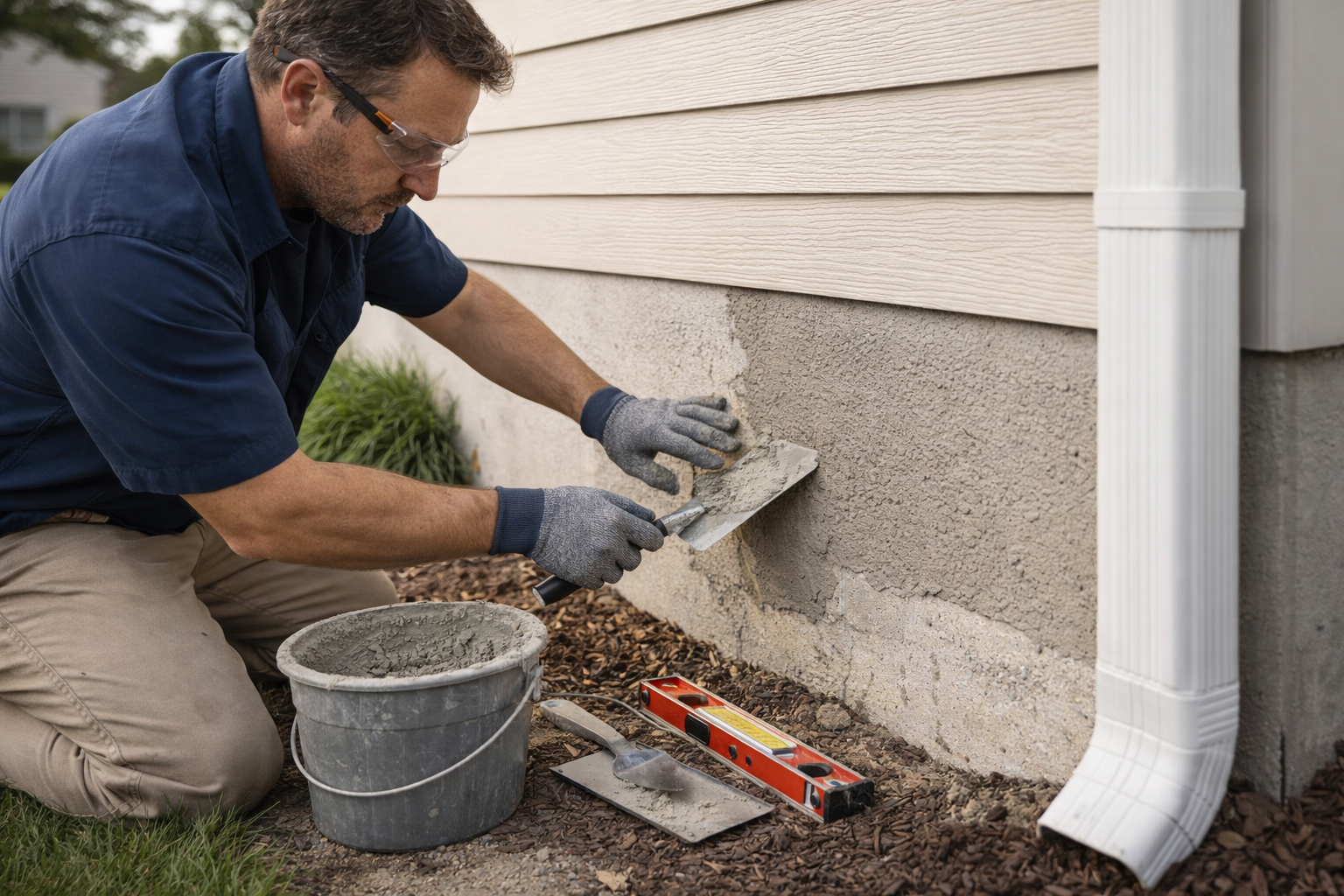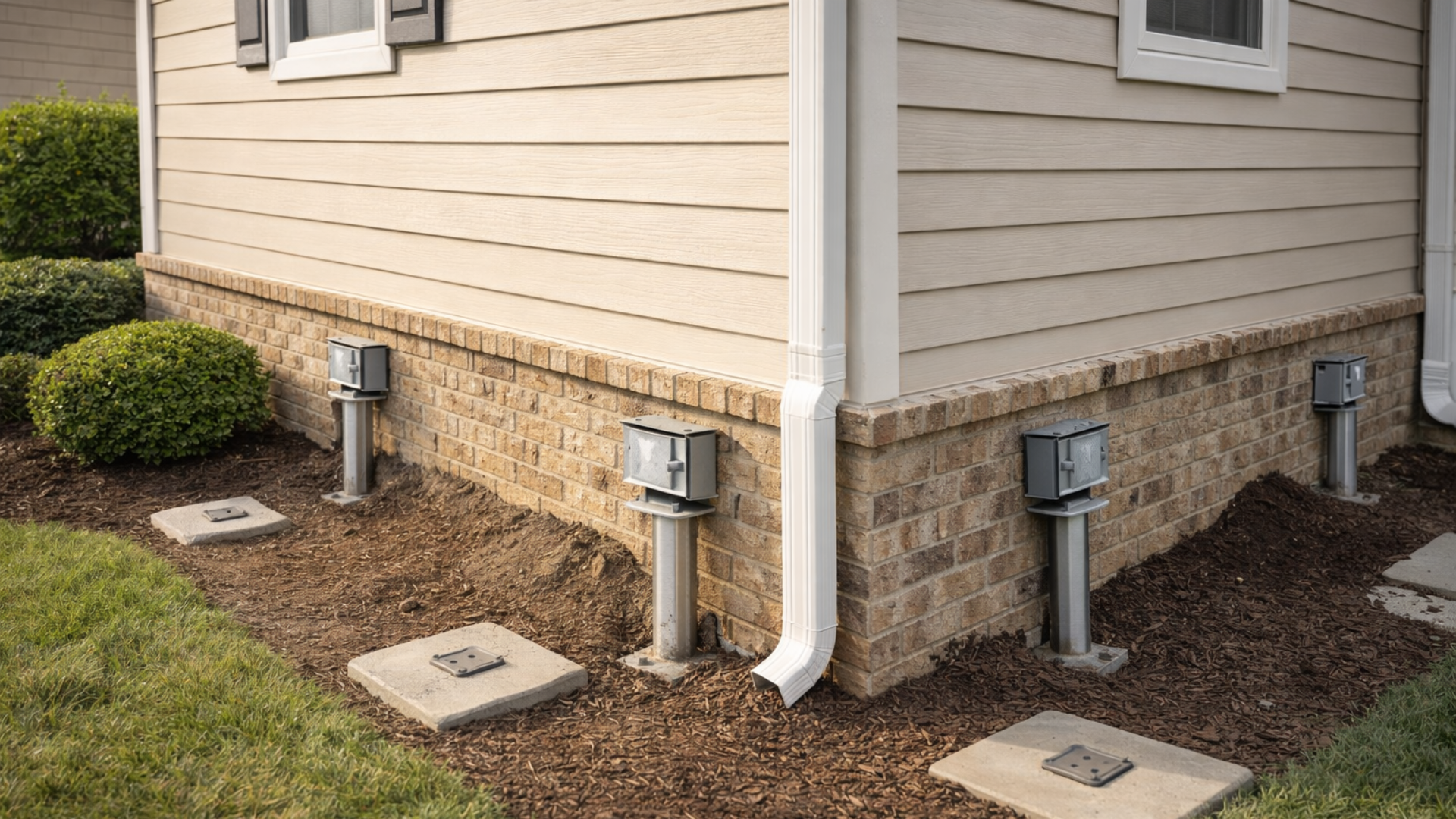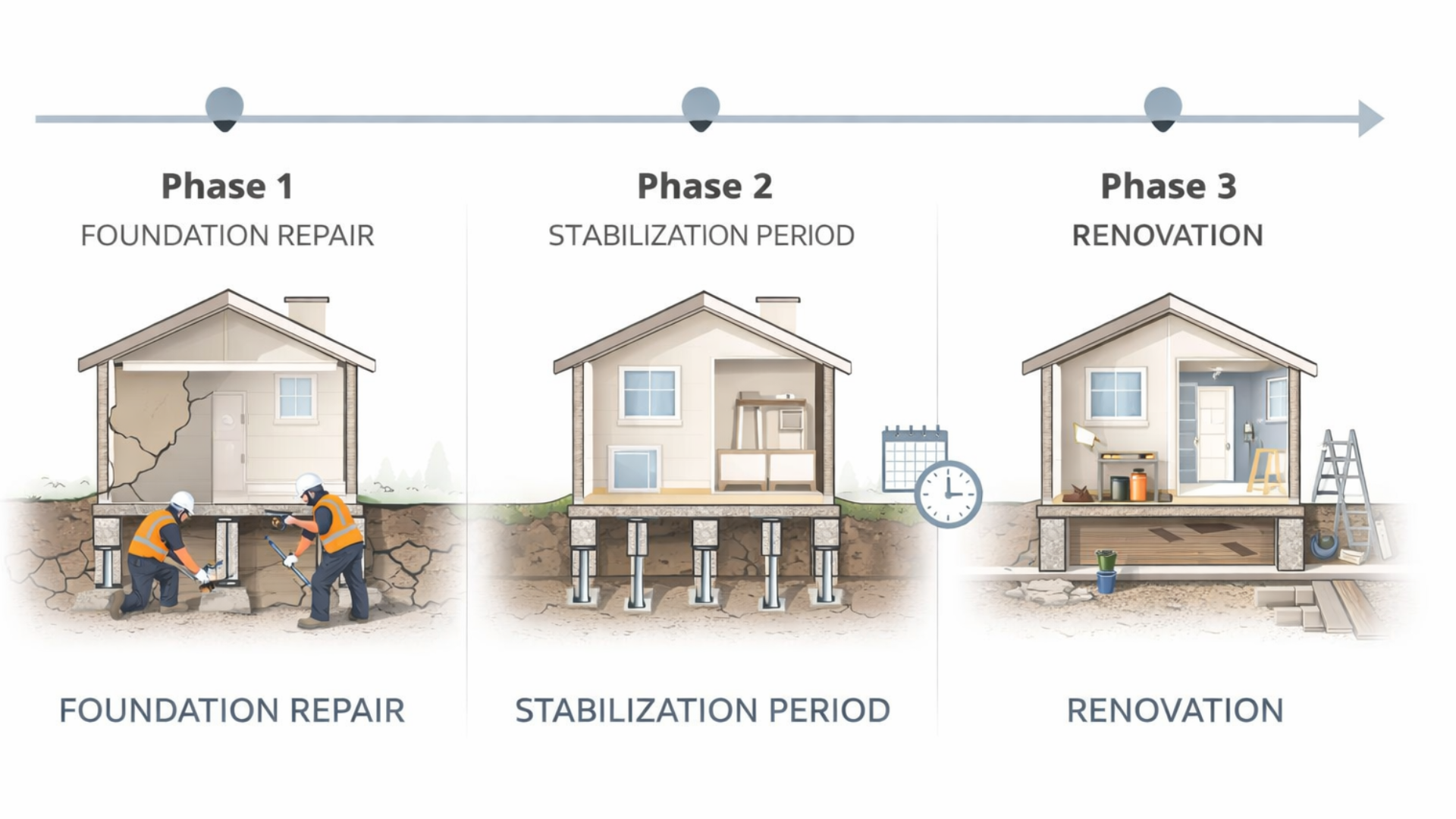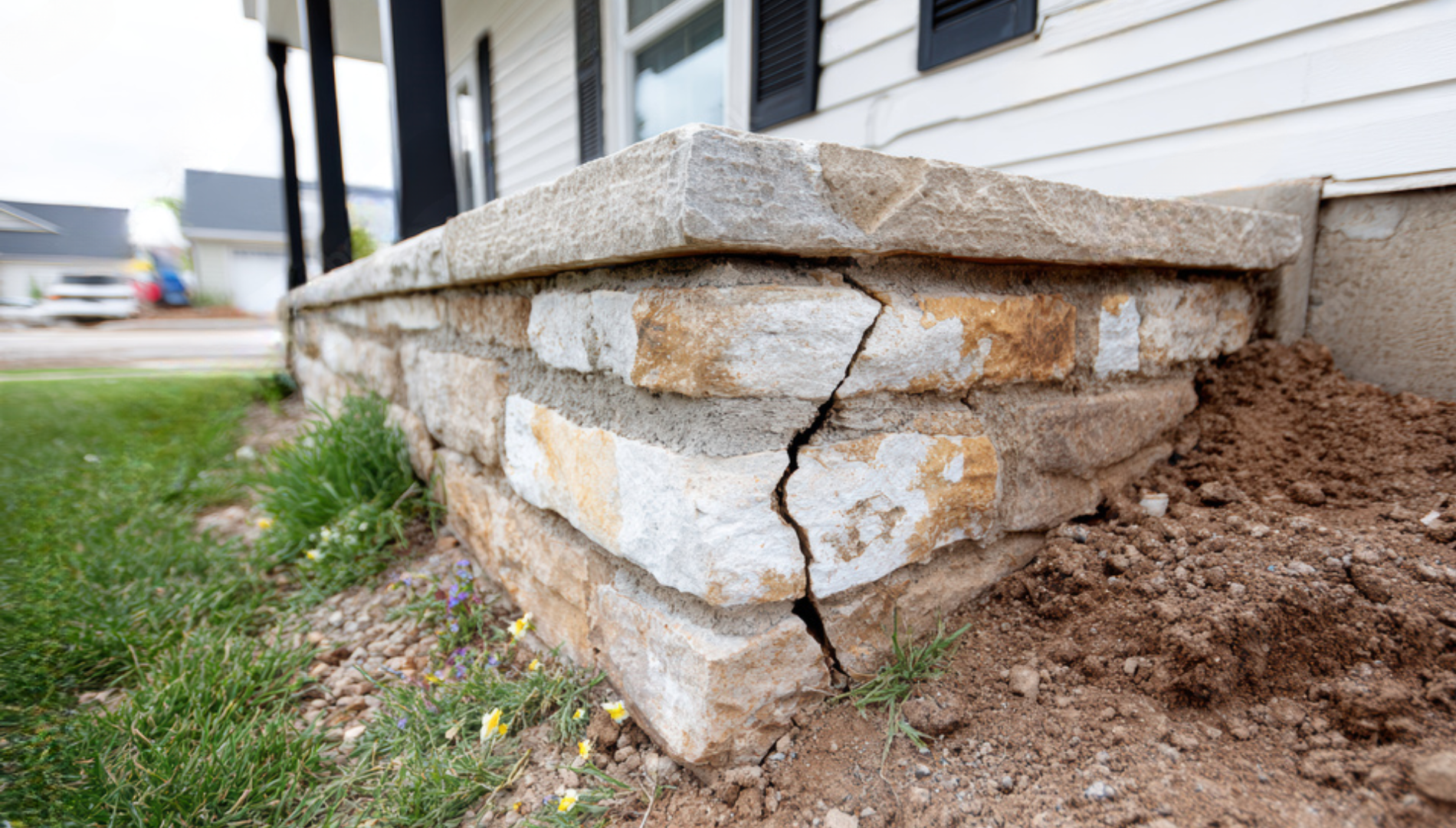Choosing the Right Materials for Driveway Repairs

Which driveway material gives you the best balance of cost, durability, and appearance?
Choosing the right material for your driveway repair isn’t just about fixing cracks or potholes, it’s about making a lasting investment in your home’s appearance and value. The right choice depends on your goals, budget, and how Nashville’s weather affects different materials over time.
Driveway repair means restoring or resurfacing your driveway to make it safe, durable, and visually appealing again. The right material depends on three main factors: your budget, the condition of your current driveway, and the local climate.
In Nashville, summers are hot and humid while winters can bring brief freezes, a combination that puts stress on driveway surfaces. Asphalt offers flexibility and quick repairs, while concrete provides long-term strength and a clean, polished look.
Working with professionals who specialize in driveway repair Nashville ensures you get expert guidance on which material suits your property, soil, and lifestyle. By understanding the pros and cons of each option, you can make a confident choice that fits your home and budget.
In this guide, you’ll learn which materials work best, how to repair them, and when to call an expert like GK Construction Solutions for professional help.
What Material Is Best for Driveways?
The “best” material depends on what you prioritize, cost, longevity, or aesthetics. Each has its strengths and limitations.
1. Asphalt
Asphalt remains a favorite across Tennessee because it’s affordable, flexible, and quick to install. It performs well in areas with temperature swings because it expands and contracts instead of cracking.
Pros: Low upfront cost, smooth finish, quick installation, easy to patch.
Cons: Requires resealing every few years and can soften in extreme heat.
2. Concrete
Concrete is prized for its durability and neat, uniform look. While initial costs are higher, it can last decades with minimal maintenance.
Pros: Long lifespan, handles heavy loads, customizable with color or stamped designs.
Cons: Susceptible to cracking in freeze-thaw cycles and more expensive to repair.
3. Gravel
Gravel driveways are ideal for long rural drives or large lots. They’re simple to maintain by regrading or adding fresh layers.
Pros: Very affordable, excellent drainage, quick DIY fixes.
Cons: Needs frequent leveling, prone to dust and displacement.
4. Pavers
Pavers offer high curb appeal and flexibility. Individual pieces can be replaced without redoing the entire driveway.
Pros: Stylish, durable, easy to repair in small sections.
Cons: Higher installation cost and occasional weed growth in joints.
According to HomeAdvisor, concrete and paver driveways can last over 25 years, while asphalt averages 15 to 20 years with proper sealing. In Nashville’s mixed climate, asphalt and concrete remain the top two performers for durability and value.
What Is the Best Way to Repair a Driveway?
Driveway repair methods vary depending on the material and damage type.
1. Patching Small Cracks
For minor asphalt or concrete cracks under ¼ inch, use a patching compound or sealant to keep water out. It’s quick, affordable, and prevents bigger structural issues later.
2. Resurfacing
When the top layer shows wear but the base is stable, resurfacing adds a new layer of asphalt or concrete over the old one. It restores appearance and strength without full replacement.
3. Full Replacement
If your driveway has large potholes, crumbling edges, or drainage problems, replacement is often more cost-effective in the long run. New materials mean a fresh, even foundation.
4. Material-Specific Fixes
- Asphalt driveway repair: Seal cracks early and apply an overlay when surface wear appears.
- Concrete driveway resurfacing: Use polymer overlays or microtoppings for a smooth new look.
- Gravel driveway maintenance: Regrade annually and add fresh layers to fill low spots.
- Paver driveway restoration: Replace damaged blocks, sweep in new joint sand, and reseal.
Before committing, always get quotes from multiple local professionals. Comparing estimates helps you find fair pricing and repair solutions tailored to Nashville’s weather and soil conditions.
What Material Is Needed for a Concrete Driveway?
Concrete driveways require several key materials to ensure strength and longevity:
- Sub-Base: Usually compacted gravel for stability and drainage.
- Rebar or Wire Mesh: Reinforcement to prevent cracking.
- Concrete Mix: A blend of cement, sand, aggregate, and water.
- Expansion Joints: Flexible fillers that absorb expansion from temperature changes.
- Sealant: Protects against moisture, salt, and oil stains.
For concrete driveway resurfacing, contractors may use:
- Bonding agents to help new layers adhere.
- Polymer or cement-based overlays for a fresh surface.
- Decorative finishes like stamping or staining for visual appeal.
Tip: Inspect for small cracks twice a year and reseal every few seasons. Preventing water infiltration is the easiest way to extend your driveway’s life.
Eco-Friendly and Budget Options
If you’re looking for sustainable or lower-cost materials, there are great choices beyond traditional asphalt or concrete:
- Recycled Asphalt Millings: Made from old asphalt, these compact tightly and reduce waste.
- Permeable Pavers: Allow rainwater to drain naturally, reducing runoff.
- Crushed Stone or Limestone: Simple, affordable, and easy to repair.
These options work especially well in areas with good drainage and moderate traffic. They’re also popular with homeowners who want a greener driveway without sacrificing performance.
When to Call a Professional
Some small repairs can be DIY, but larger structural issues need professional attention.
Signs you should call an expert:
- Deep cracks or potholes that reappear after patching
- Driveway sections sinking or pooling water
- Drainage issues near the garage or foundation
- Visible crumbling or loose aggregate
Hiring experienced driveway repair Nashville specialists ensures the problem is fixed correctly the first time. Professionals evaluate soil conditions, slope, and drainage, all crucial factors that affect your driveway’s lifespan.
Contact GK Construction Solutions for expert advice and professional driveway repair in Nashville. Their team provides honest recommendations, clear quotes, and high-quality workmanship built to last.
Conclusion
The material you choose for driveway repair directly impacts how long it will last and how much maintenance it requires.
- Asphalt is affordable and flexible for Nashville’s climate.
- Concrete offers a polished, long-term solution.
- Gravel suits large rural properties and tight budgets.
- Pavers deliver unmatched curb appeal and longevity.
Every option has pros and cons, so the “best” material depends on your property, budget, and willingness to maintain it. When in doubt, talk to local experts who understand the region’s weather and soil.
For personalized advice, transparent pricing, and durable results, reach out to GK Construction Solutions, trusted professionals for driveway repair Nashville homeowners rely on year-round.
Follow our social media pages below:
